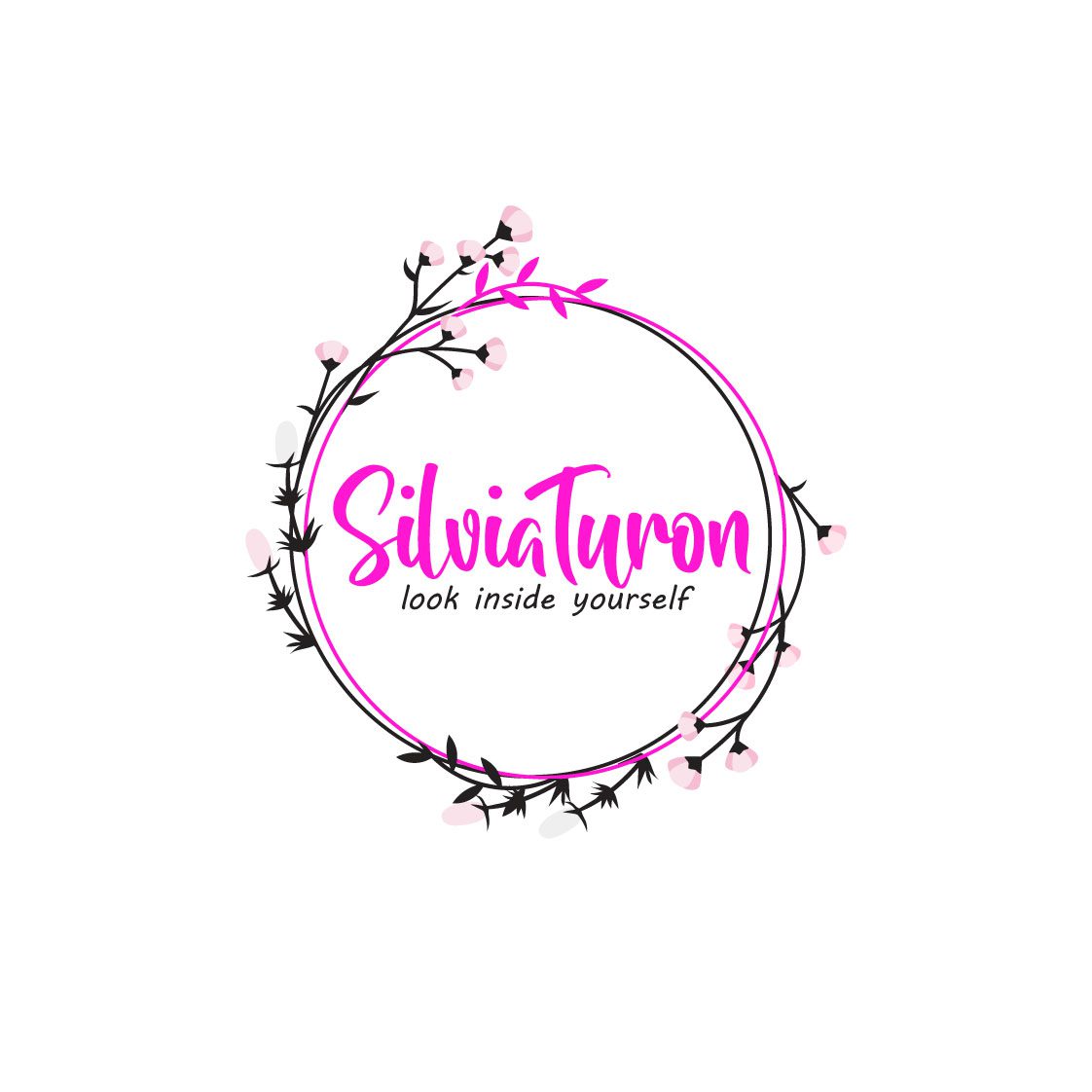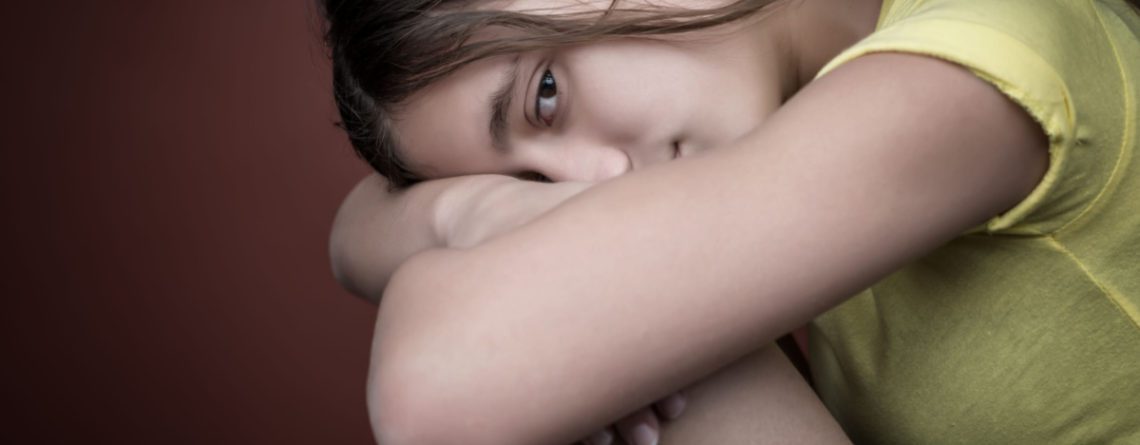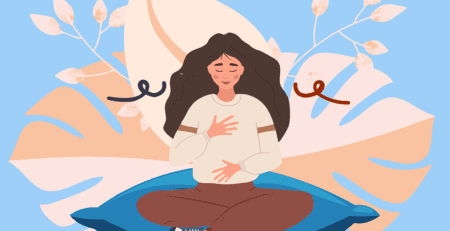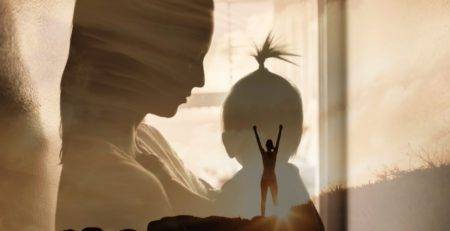How to Love Yourself After Surviving Childhood Trauma
Recently, I wrote an article about domestic violence, particularly my personal story and what I have learned from this experience, or better say, what I am still learning and healing.
After it was published, I received many emails from women who have experienced domestic violence or other forms of abuse and courageously decided to share their stories with me. Although hearing these stories breaks my heart, it reminds me that abuse and neglect are ongoing issues, often defining how we live, love, and function in the world.
Women share with me that they are overwhelmed by the whole idea of healing. They aren’t sure where to start. For many of us, healing and loving ourselves is unknown territory and fairly a complex task.
How can a person who constantly doubts her worth or feels unlovable transform this state of mind and start believing that she deserves love, compassion, and nurturing?
By doing what she has never done before. Taking care of herself with compassion, care and love.
A woman who commits to inner healing builds herself from the ground up, unlearns old patterns and behaviors, heals her wounds, gives herself time to process her emotions, and rebuilds a whole new perspective about who she is and what she deserves.
Although this may seem a bit overwhelming, it doesn’t have to be. During my ( ongoing ) healing journey, I am learning what loving myself feels like. It certainly requires lots of loving patience (since I tend to be pretty hard on myself) and inner recognition, even for those tiny victories along the way.
Loving yourself after experiencing trauma, domestic violence, or sexual abuse is like teaching a 5-year-old a new skill. First, you get down the basics, acquire some knowledge and create a plan on how to implement them into your daily life. Then, you commit. Simply your commitment, in and of itself, speaks self-love.
Remember, you don’t have to have it figure out all at the beginning. It’s progress, not perfection, that defines your healing and recovery.
Last year, I shared with my friend that I had doubts about the direction of my professional life and whether I would be able to accomplish all my goals. My friend asked me, “Why?” I said that I observed some limiting beliefs I have and the self-doubt that often creeps in when launching a new project. I concluded that I have to redesign my belief system and learn to believe in myself more. She said, “Then just believe in yourself.”
At first, I found this advice useless (as you might as well) but later thought about the simplicity of her statement. How do we start believing in ourselves? We start simply by deciding that we are going to. How do we begin healing? We heal by choosing that we are going to nurture and love ourselves and decide what that looks like.
For most of my life, I felt like an emotional ticking bomb. It was easy for me to spiral into irrational emotional turmoil and get carried away by anything happening around me. Today I understand that it was the trauma that made me live in survival with constant fight or flight responses.
Considering the mental and emotional state many of us function in, how can we redesign this way of life and achieve deep healing and inner transformation?
You might be wondering what it looks like and how to reach this state of wholeness and bliss. Since we established to take this slow, I invite you to start pondering upon one question for the next 30 days. Ask yourself this question when you feel sad, angry, upset, defeated, anxious, depressed…you name it. When it comes to healing, opportunities are endless.
The question is: “What would (your name) who loves herself do?”
Aside from the fact that just by asking yourself this question, you awaken your body’s innate intelligence to find ways to answer it, I encourage you to create something I learned in therapy – a self-care toolkit.
Self-care toolkit, or as I like to call it – a self-love toolkit, is a collection of actions and techniques you use to care for yourself most lovingly.
Every self-care toolkit is diverse since we find happiness, safety, or comfort in doing different things. I invite you to tune in and think about what makes you happy, what brings you pleasure, and what comforts you when you feel sad.
As an example, one of the things I do to soothe myself when I feel sad is to wrap myself into a blanket while drinking peppermint tea. When I see that I am spiraling into one of my shame attacks or feelings of unworthiness, I do a meditation with Emily Fletcher for anxiety. If self-doubt creeps in and I start worrying that I won’t meet all my professional and financial goals, I reach for meditation with Dr. Joe Dispenza. It challenges me to visualize the future I want and, therefore, change my emotional state and perception of what I am capable of.
At first, these things didn’t come easy to me. I had to learn them and figure out what works the best and provides the most intense, positive emotional charge.
I encourage you to think about it and observe what supports and comforts you. These activities range from going to the beach, listening to calming music, spending time in nature, getting a therapist or a coach, and going to a boxing class. As I said, when it comes to healing, opportunities are endless.
At first, you might not feel like doing things that promote self-love and self-care. Lack of drive to take care of yourself is quite normal. Remember, you are trying something unfamiliar that stretches your mind and eventually, as you practice it, creates new neuropathways in your brain. So to sum up – just do it.
I know this may sound easier said than done (at it certainly is), but if you aren’t familiar with what being loved and loving yourself feels like, you must push yourself at the beginning to start creating the shift. Think of self-love as a skill. You may need to learn it, practice it, fail at it and do it again.
Since you may be used to living in constant survival, dealing with nothing but problems and drama, and feeling pain most of the time, the self-care and self-love approach will trigger you and make you feel uncomfortable. It’s new, unfamiliar, weird or unnatural. I get that, do it anyway.
There is one more thing I want you to focus on when it comes to healing yourself. Learning to love yourself after trauma doesn’t mean you have to do it alone. In fact, it means the complete opposite.
If you experienced emotional trauma within interpersonal relationships (with your parents, friends, family members, teachers, etc.) I encourage you to participate in healing relationships that reflect the opposite of what you know.
For trauma survivors or those experiencing emotional neglect, isolation, lack of trust, and negative perception of the world are fairly common. Since we didn’t feel safe and loved growing up, our perception of the world and people may be distorted.
Therefore it’s imperative to create nurturing relationships where the sense of trust and support is restored. If you struggle to nurture such relationships with people in your inner circle, I recommend seeking a professional. Those are therapists, coaches, or support groups.
Learning to love yourself after trauma or abuse is a challenge in and of itself. What makes me hopeful is that today, we have endless resources and opportunities to heal our wounds and learn to carry them with grace.
I invite you to take the first step towards healing yourself by deciding that you won’t let your old wiring or limiting beliefs dictate the direction of your life. Instead, I encourage you to step into your power and discover the warrior underneath your pain who is ready to break free from your survival mind.












Comments (6)
Wow this is so me. Thank you for sharing.
You’re most welcome!
Thank you for this, I had a very deep session with my psychologist this morning about learning to love myself after dealing with a broken mother. Your blog was the first one that caught my attention when I Googled for help to learn to love yourself, your line of learning to love yourself is unknown territory resonated with me. I’m looking forward to reading more of your content and to use the tools to become the woman I want to be (even though right now I don’t know who she is).
You are most welcome, Lia. I totally resonate with your feelings of being lost. Sometimes it takes a bit of time to find your way back “home” however I don’t doubt that you will. Feel free to explore the site and let me know if you have any questions.
Thanks for giving me a starting point
You are most welcome, Eve.